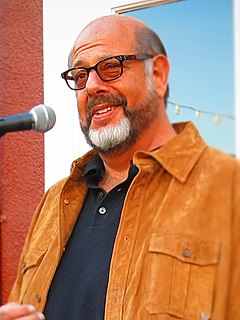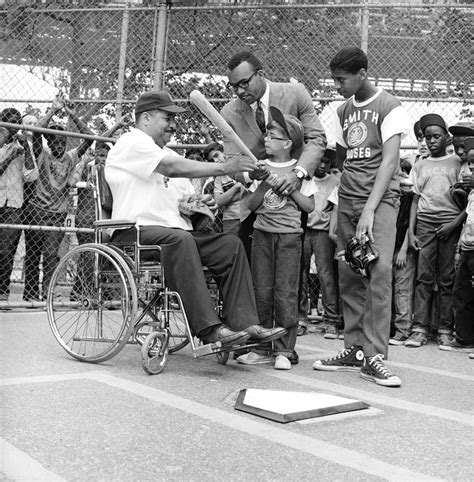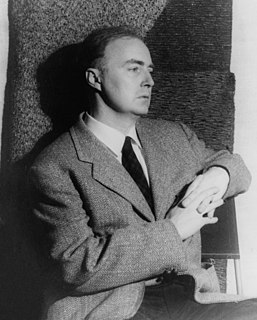A Quote by Norman Mailer
Part of the oncoming demise (of New York during its terrible fiscal crisis) is that none of us can simply believe it. We were always the best and the strongest of cities, and our people were vital to the teeth. Knock them down eight times and they would get up with that look in the eye which suggests the fight has barely begun.
Related Quotes
It used to be, if you were a reporter, you wrote a story and then you moved on to the next one. We were used to people coming to the New York Times. We waited for them to turn on our website or to pick up our print paper and see what we have. We now understand that we have to make our stories available to our readers. A lot of people get their news from Facebook or Twitter and we want to make sure that they see some of our best stories there, too. We do this more aggressively now than we did before.
It's hard for us sophisticates to believe, but the people my parents worked for were good people. They were socialists of the heart. They were Scottish upper class. I don't think they had political theories in the way my lefty friends in New York do but they did all the things that socialists do. My mother was the Jewish cook from Vienna and they would say, "Come and have dinner with us." I spent weekends with them. Who does that? This is Utopia.
People thought they were going to make a lot of money. And then at one point, it got too hot, and the government wanted to knock it down. Trying to get it up and then knock it down, both were a mistake. And part of the reason, some people think, is that they wanted to equitize some of their companies. A healthy stock market helps equitize companies and reduce the country's debt burden.
I was always around people who were in the business from the time I was an absolute baby. I grew up in New York City, and my parents, my sister, and I had a house on Fire Island, and they were part of a set of people that were all close and friendly, most of whom were involved in show business in one regard or another. So it was always familiar to me, and I kind of enjoyed it.
I wanted to be an actor ever since I was five. My grandparents - my mom's parents in New York - were stage actors. I think indirectly I wanted to do it because of them. My grandfather would tell me stories about Tennessee Williams and actors he worked with in New York. He had such a respect for acting and such a love for storytelling about that world. I grew up hearing him tell tales of it.They were never encouraging me or discouraging me to take part. They were always feeding me with theater.
For the most part, French cities are much better preserved and looked after than British cities, because the bourgeoisie, the people who run the cities, have always lived centrally, which has only recently begun to happen in big cities in England. Traditionally in England, people who had any money would live out in the suburbs. Now, increasingly, people with money live in the cities, but this has changed only in the last 20 or so years.
Looking back at the worst times, it always seems that they were times in which there were people who believed with absolute faith and absolute dogmatism in something. And they were so serious in this matter that they insisted that the rest of the world agree with them. And then they would do things that were directly inconsistent with their own beliefs in order to maintain that what they said was true.
You're always going to have more traffic if you're a free website. But we've always admitted that the New York Times was behind other news organizations in making our stories available to people on the web. BuzzFeed and the Huffington Post are much better than we are at that, and I envy them for this. But I think the trick for the New York Times is to stick to what we are. That doesn't mean: Don't change. But I don't want to be BuzzFeed. If we tried to be what they are, we would lose.
I remember the moment in which we were taken hostage in Libya, and we were asked to lie face down on the ground, and they started putting our arms behind our backs and started tying us up. And we were each begging for our lives because they were deciding whether to execute us, and they had guns to our heads.






































